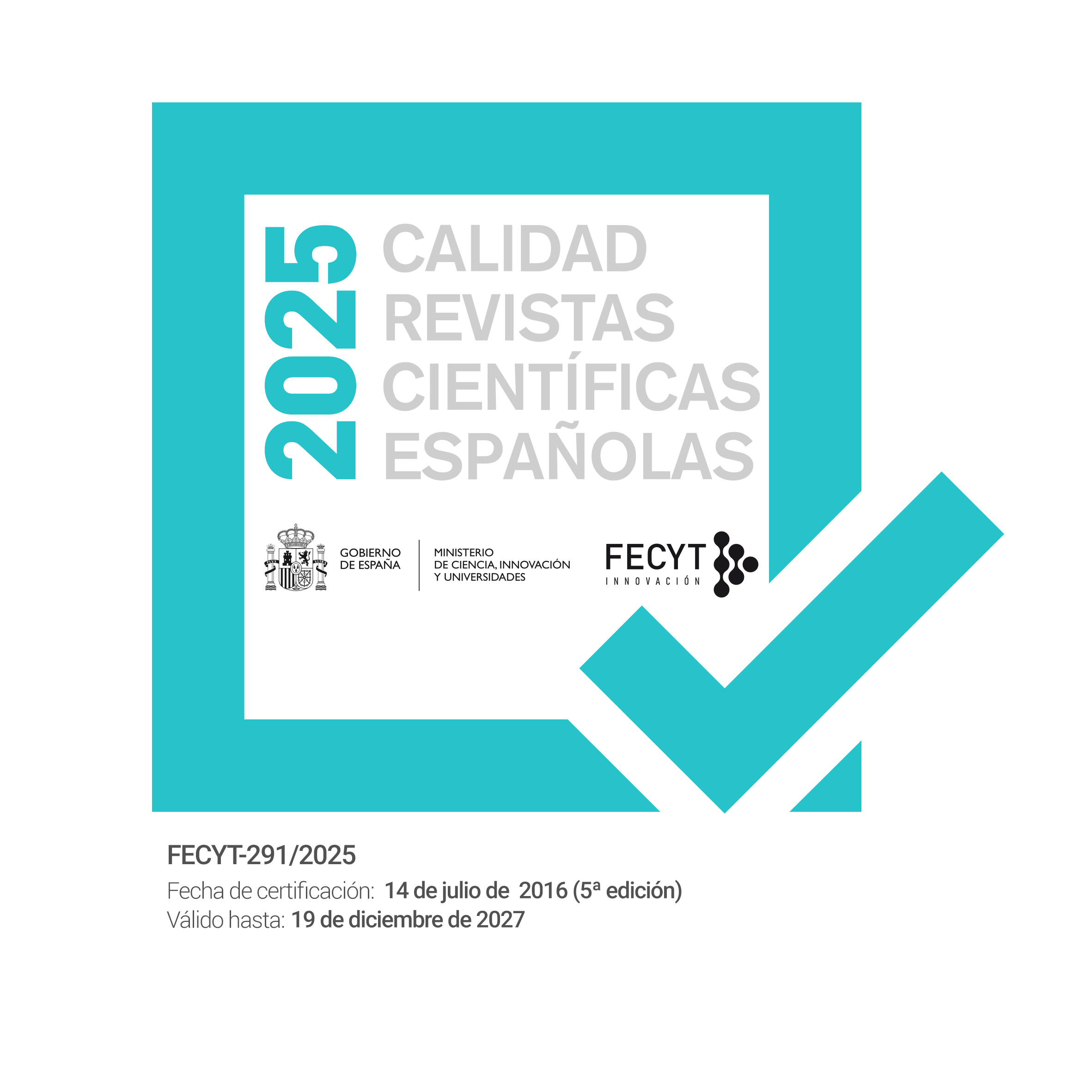Proyectos telemáticos escolares: trabajo cooperativo y competencias digitales hacia el emprendizaje
Keywords:
Tecnología Educativa, Valores Sociales, Trabajo cooperativo, Enseñanza Primaria, Enseñanza Secundaria, Bachillerato, Formación Profesional, Sentido de la iniciativa, Cambio educativo.Abstract
En este artículo se presenta una iniciativa que promueve el Departamento de Innovación y la Sociedad del Conocimiento de la Diputación Foral de Gipuzkoa, orientado a todas las etapas educativas no universitarias de Gipuzkoa con dos objetivos: (1) adquirir competencias para el emprendizaje y sentido de la iniciativa y (2) promover los valores de la cultura digital y la alfabetización, adquiriendo competencias para desenvolverse en la sociedad del siglo XXI. El proyecto Kosmodisea ha celebrado en el curso 2009/2010 la cuarta edición. Es un proceso creativo en el que los/as participantes tienen que desarrollar en torno a un proyecto, distintos productos en distintos formatos (audio, imagen y video), basado en la metodología webquest. De esta forma, adquieren habilidades en el manejo de distintas herramientas y también aprenden a trabajar en equipo desarrollando competencias como la gestión del tiempo y el trabajo. Las herramientas y metodologías de trabajo colaborativo y cooperativo son claves para el buen desarrollo y adquisición los objetivos de la iniciativa. Cada uno de los equipos participantes elige un proyecto de los cuatro que se proponen y que se vincula a las líneas curriculares que le corresponden como etapa educativa.
The experience that promotes the Department of Innovation and Knowledge Society of the Provincial Council of Gipuzkoa, is raised to all non-universitary courses with two objectives: (i) acquisition of skills for entrepreneurship and sense of initiative and (ii) promoting the values of digital culture and literacy, acquiring skills to function in the XXI century society. Kosmodisea project held in 2009/2010 academic year the fourth edition. It is a creative process in which the participants have to develop around a project, different products in different formats (audio, image and video) based on the methodology webquest. In this way, they acquire skills in using various tools and also learn to work together to develop skills such as time management and work sharing. The tools and methodologies for collaborative and cooperative work are the key to the successful development and acquisition objectives of the initiative. Each participating teams select one of the four projects that are proposed and that is linked to the lines that correspond to curricular and educational stage.
Downloads
Downloads
Published
Issue
Section
License
Authors who publish in this journal accept the following conditions:
1. The Author retains copyright in the article. Upon acceptance of the article, the author shall grant to the Publisher the right of first publication of the article. with the dcoument registered with the Creative Commons Attribution-NonCommercial-NoDerivative 4.0 International (CC BY-NC-ND) license, which allows to third parties to use what is published whenever they mention the authorship of the work and the first publication in this journal.
2. Authors can make other independent and additional contractual agreements for the non-exclusive distribution of the article published in this journal (eg, include it in an institutional repository or publish it in a book) provided they clearly indicate that the work was published for the first time in this journal.
3. Authors are allowed and recommended to publish their work on the Internet (for example on institutional or personal pages) before and during the review and publication process, as it can lead to productive exchanges and a greater and faster diffusion of published work (see The Effect of Open Access).









